
Plumbing problems don’t wait for a convenient time. They often happen late at night, on a Sunday morning, or just before you’re about to leave the house. But not every issue is a full-blown crisis. So, what classes as emergency plumbing?
Simply put: it’s any plumbing problem that risks serious damage to your home, health, or safety if you don’t act fast. That means leaks that won’t stop, flooding, sewage backing up, or no hot water in the middle of winter.
Let’s look at the most common emergencies, how to prevent them, and when to call in the pros.
Common Plumbing Emergency Examples & How To Prevent Them
1. Burst Pipes
A burst pipe can release hundreds of litres of water in minutes. Floors, walls, furniture, and even electrics can all be ruined. Causes include freezing weather, corrosion, or old pipework.
Signs: low water pressure, wet patches on walls or ceilings, discoloured water.
Prevention: insulate exposed pipes, especially in winter.
What to do: turn off your stopcock (main shut-off valve), drain the taps, and call an emergency plumber immediately.
2. Leaks
Not all leaks are urgent, but large or hidden ones can lead to mould, rot, and structural damage. Underground leaks are especially tricky because they can silently waste water and raise your bills.
Signs: dripping sounds, damp patches, water stains, unexplained bill increases.
Prevention: check under sinks regularly and keep an eye on your water meter.
What to do: for small leaks, contain the drip with a bucket and tape as a temporary fix. For bigger ones, shut off the water supply and get a plumber in.
3. Clogged Drains
Slow drains are annoying, but if water starts backing up into your home, it’s an emergency. Sewage water carries bacteria and can quickly make your home unsafe.
Signs: gurgling noises, foul smells, water pooling in sinks, baths, or showers.
Prevention: use drain guards, avoid pouring grease down sinks, and don’t flush wipes.
What to do: try plunging or a baking soda/vinegar mix for minor clogs. If water is already overflowing, call a professional straight away.
4. Heating Issues
No hot water or heating can be more than an inconvenience, especially in winter or if you live with elderly relatives, young kids, or anyone vulnerable. Faulty boilers and broken heaters often need urgent repairs.
Signs: strange noises from your boiler, inconsistent water temperature, or a yellow/orange flame instead of blue (a carbon monoxide risk).
Prevention: get your boiler serviced annually by a Gas Safe engineer.
What to do: if you lose hot water completely, it’s time to call an emergency plumber or heating engineer.
5. Frozen Pipes
When water inside pipes freezes, it expands and can cause the pipe to crack. Once it thaws, you could end up with a burst pipe and flooding.
Signs: no running water, frosty pipe exteriors, or gurgling noises when taps are turned on.
Prevention: insulate pipes and keep the heating on low in cold weather.
What to do: gently warm frozen pipes with a hot water bottle or towels, never with a blowtorch. If you spot a crack, shut off your stopcock and call for help.
When To Call An Emergency Plumber
Not every plumbing problem means you need to pick up the phone straight away — but some situations just can’t wait.
You should call an emergency plumber immediately if:
- You can’t stop a leak using isolation valves.
- Your only toilet is blocked or overflowing.
- There’s no running water or no hot water (especially in winter).
- You smell gas or sewage inside your home.
- Flooding is putting your property or electrics at risk.
How much does an emergency plumber cost?
Emergency plumbers are more expensive than routine callouts, often double the price. In the UK, you can expect to pay around £110–£120 per hour depending on your location and the type of repair needed. While this sounds steep, delaying a repair could cost thousands in water damage, mould removal, or boiler replacement.
Is It Time For An Emergency Plumber?
Here’s a quick rule: if your plumbing problem risks damaging your home, health, or safety, it’s an emergency. Burst pipes, sewage backups, heating failures, and frozen pipes all fall into this category. Minor drips and slow drains usually don’t.
Still not sure? It’s better to call and find out it’s minor than to ignore it and face a bigger disaster later.
Summer Plumbing: Top Problems And How To Fix Them
Plumbing emergencies aren’t just a winter issue. In summer, problems like blocked drains (thanks to barbecues and grease), broken outdoor taps, and overflowing toilets from heavy use can also crop up. Regular maintenance and mindful use of sinks and drains can prevent most of these seasonal headaches.
When to Call an Emergency Plumber
So, what classes as emergency plumbing? You should call straight away if you can’t stop a leak with isolation valves, if your only toilet is blocked or overflowing, if there’s no running water or hot water, if you smell gas or sewage, or if flooding is threatening your home or electrics.
If you have a backup toilet or can isolate the problem without shutting off the mains, you might be able to wait until normal working hours. But when in doubt, it’s always better to be safe.
What To Do When You Have a Burst Pipe
If a pipe bursts in your home, the first thing you should do is turn off the main stopcock immediately to stop the flow of water. Once that’s done, drain the taps to clear the remaining water from the system and switch off your boiler or water heater to prevent further damage. Move any valuables or electrical items away from the affected area to keep them safe, then call an emergency plumber who can provide a permanent fix. Acting quickly can save you thousands in repairs and keep your home protected.
Plumbing emergencies can happen when you least expect them, but many can be avoided with the right maintenance. Regular boiler servicing and plumbing checks not only keep your heating system running efficiently but also help prevent major issues like burst pipes, leaks, or sudden loss of hot water.
At SAS Gas, we’re more than just emergency plumbers. We provide reliable boiler service in Sheffield to keep your system safe and efficient all year round, reducing the risk of unexpected breakdowns and costly damage. And if your boiler is old or struggling to cope, we also offer expert boiler installation in Sheffield to get your home running smoothly again with a modern, energy-efficient system.
So, whether you’re dealing with an urgent plumbing issue or simply want to prevent the next one, get in touch with us today — we’re here 24/7 to keep your home safe, warm, and worry-free.
FAQs
Find answers to your most pressing questions about plumbing and heating services.
Any issue that risks serious damage to your property, health, or safety—like burst pipes, blocked toilets, sewage leaks, or gas smells.
Yes, especially in winter or if you have vulnerable people at home.
If you can’t stop it with isolation valves or it’s causing flooding, it’s an emergency.
A plunger can work for minor blockages. But if the water keeps rising or it’s your only toilet, call a plumber.
Emergency: burst pipes, sewage backups, gas leaks. Urgent: leaks or blockages that can wait a few hours. Routine: dripping taps, slow drains, fixture upgrades.
Still have questions?
We're here to help you with any inquiries.
Looking for Help
with your Plumbing?
Contact us now
Explore Our Other Insights
Stay updated with our plumbing and heating tips.

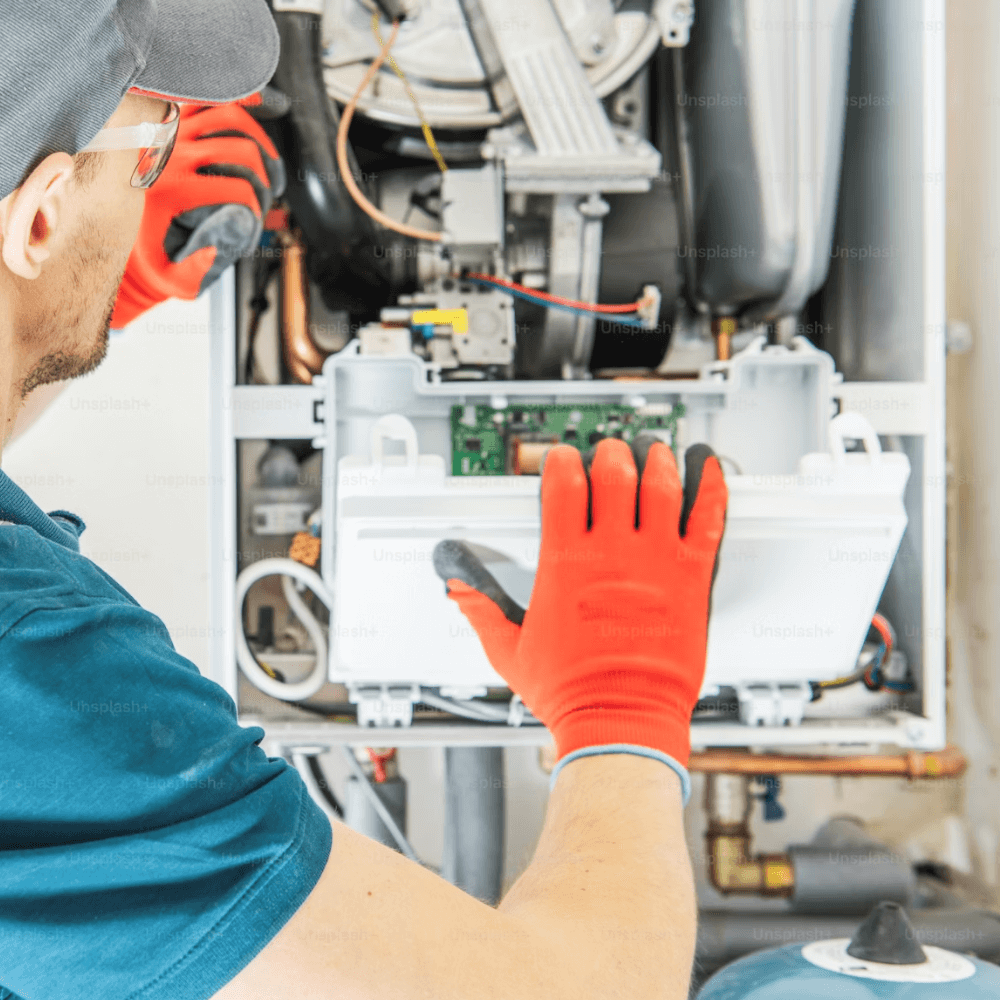
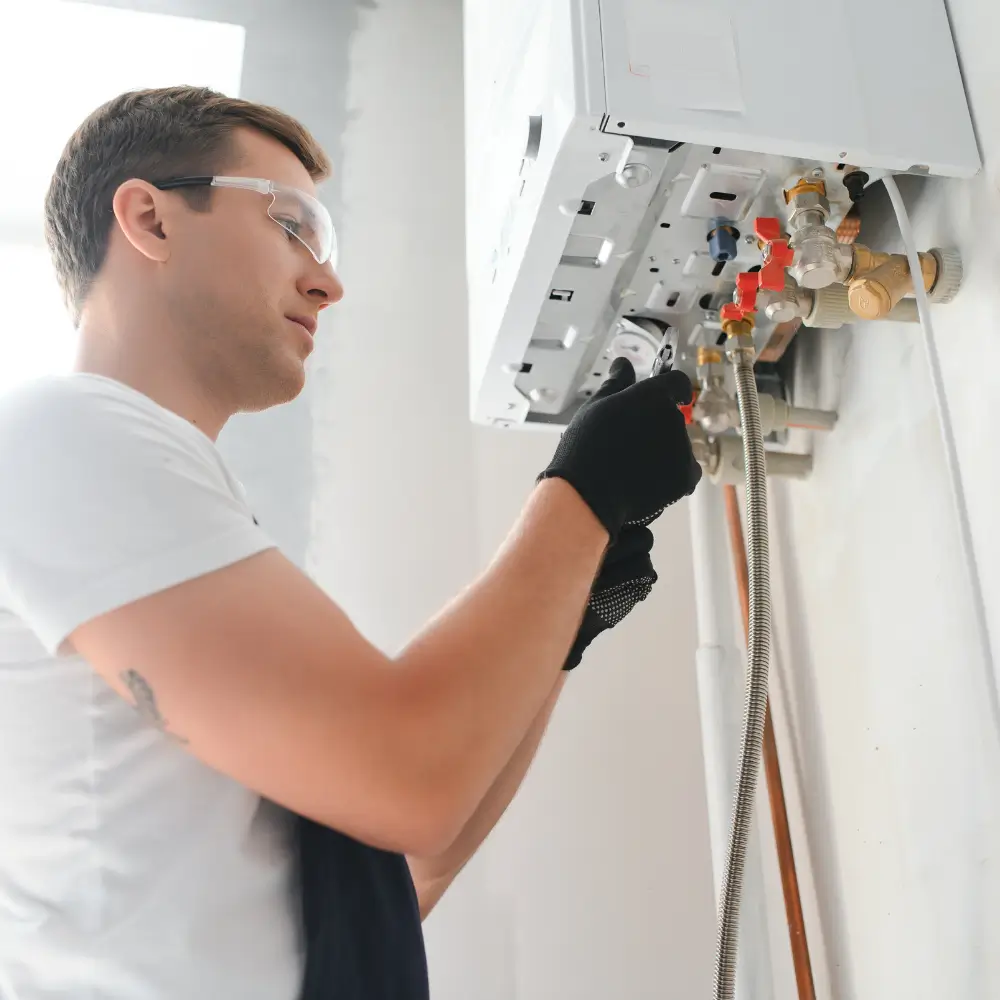
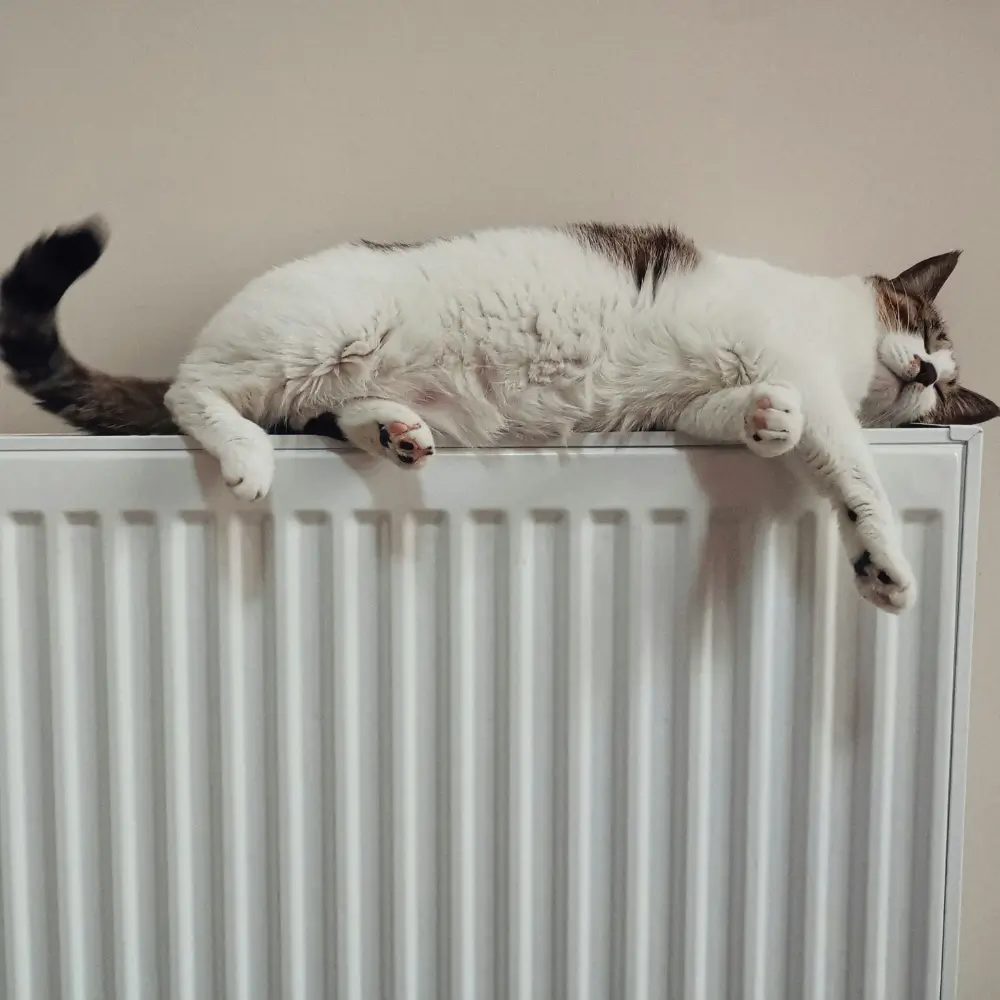
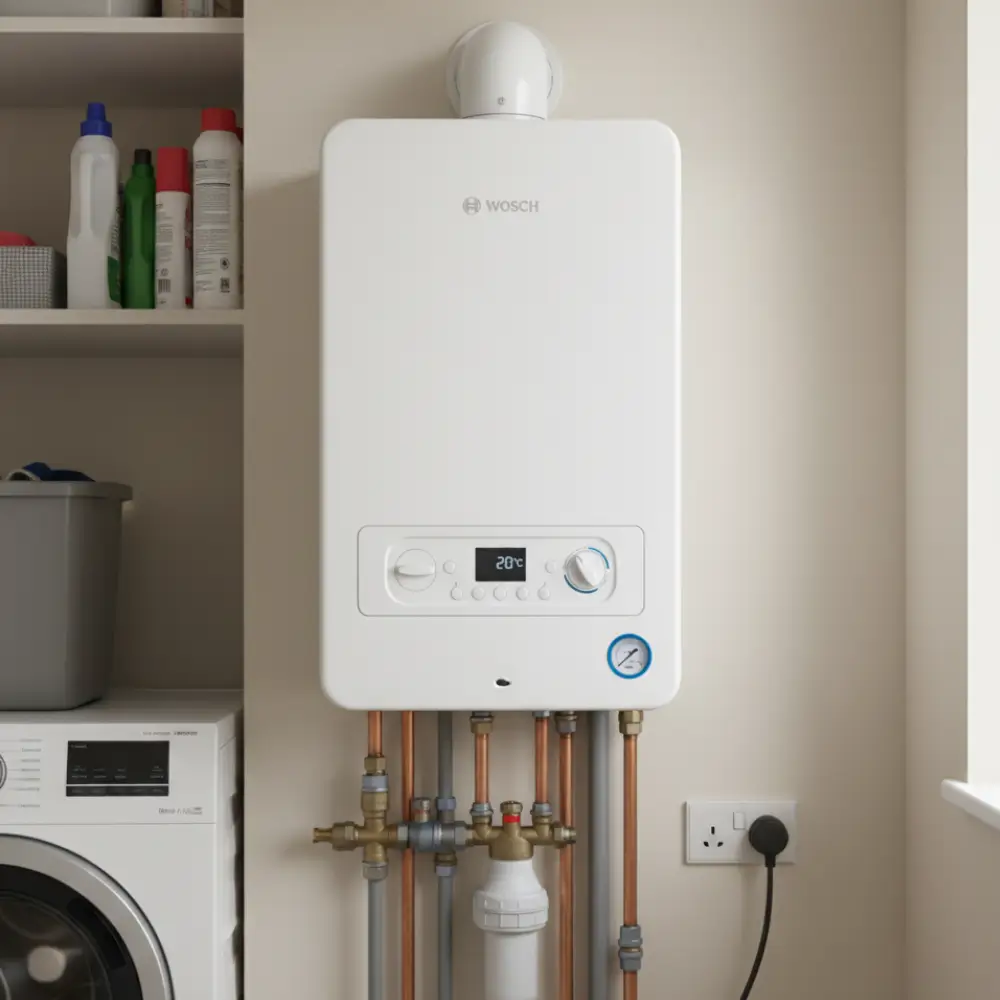
.webp)
.webp)
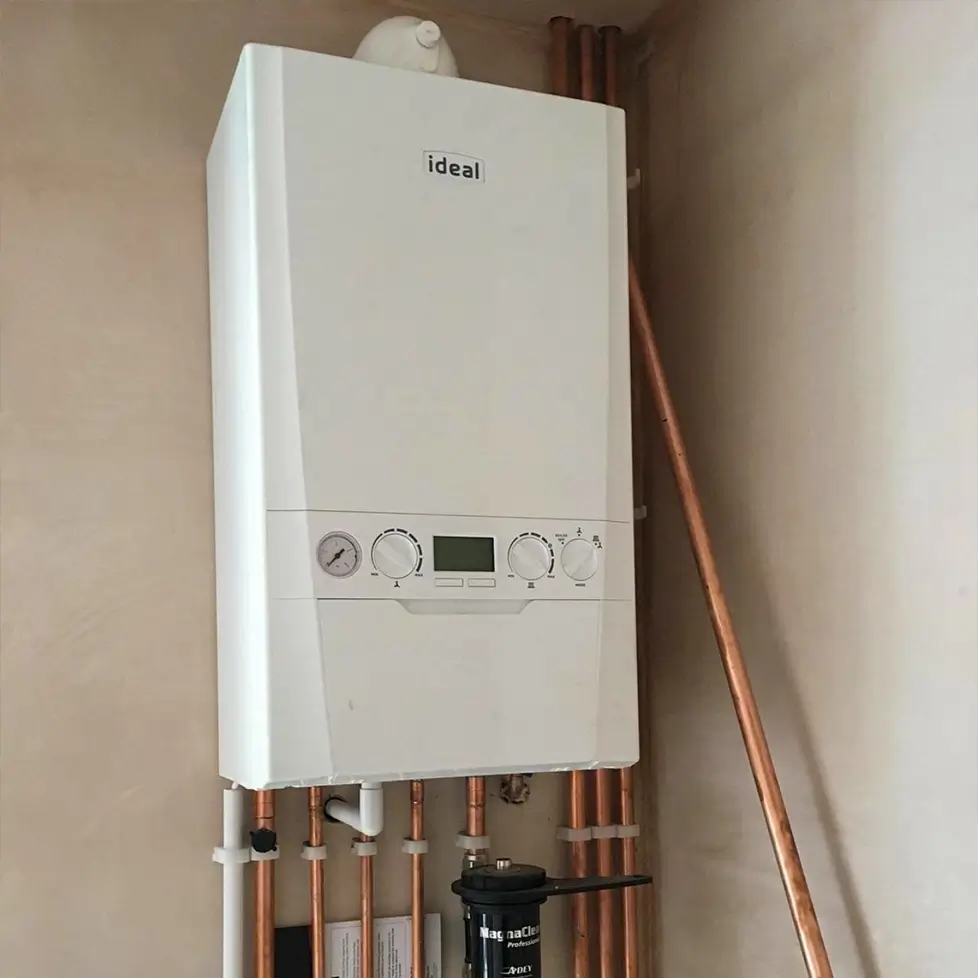
.webp)

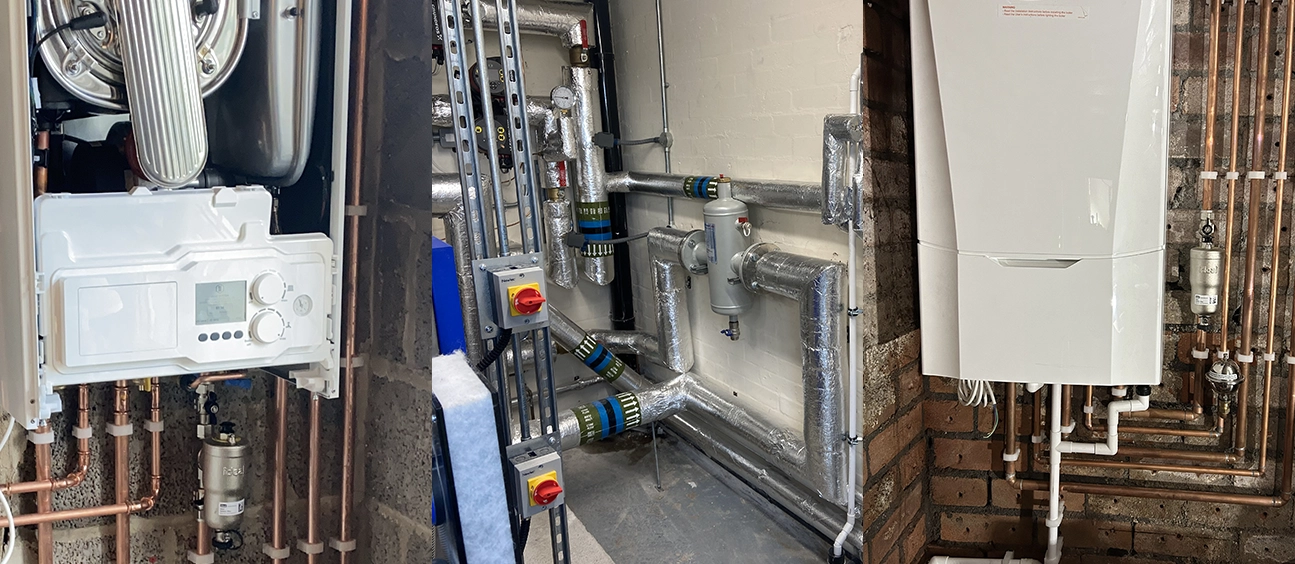
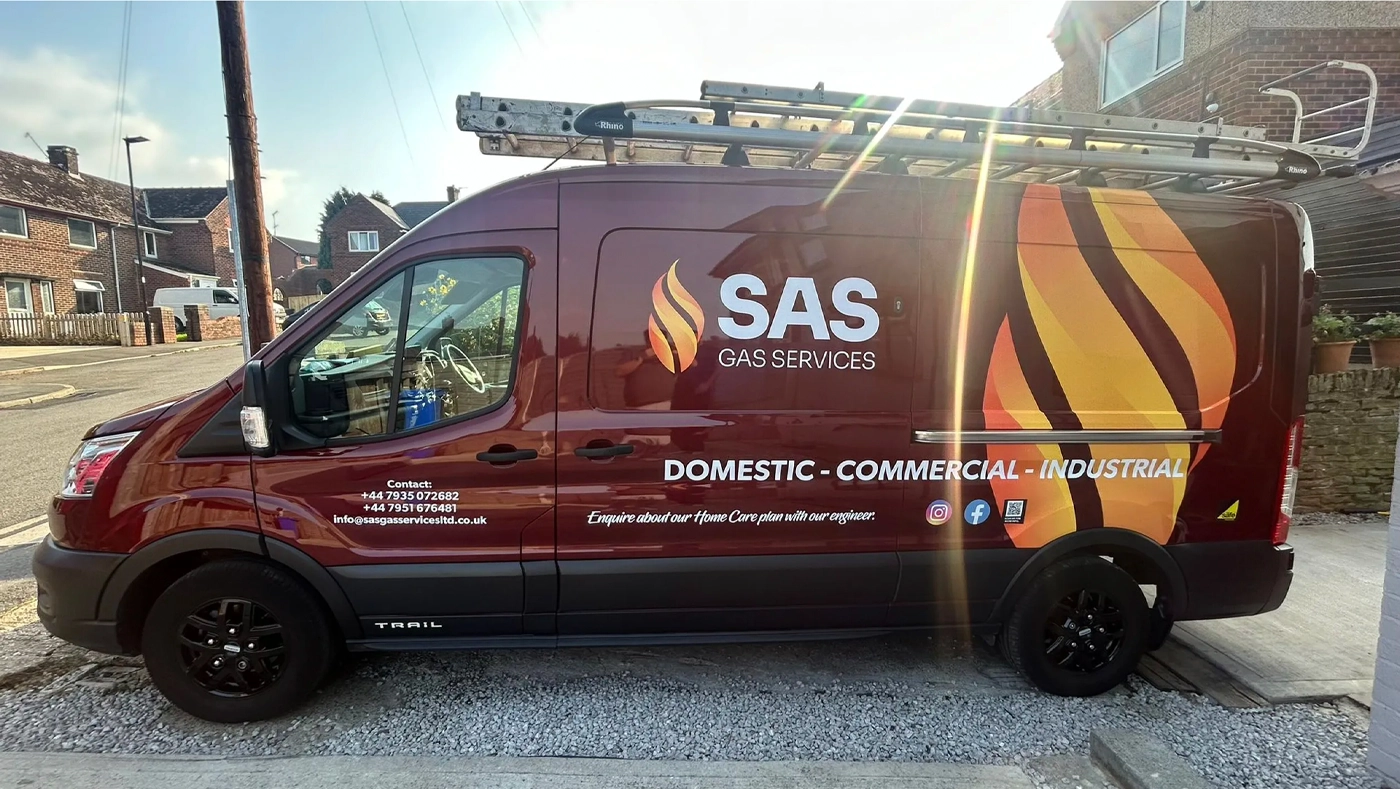
.webp)

